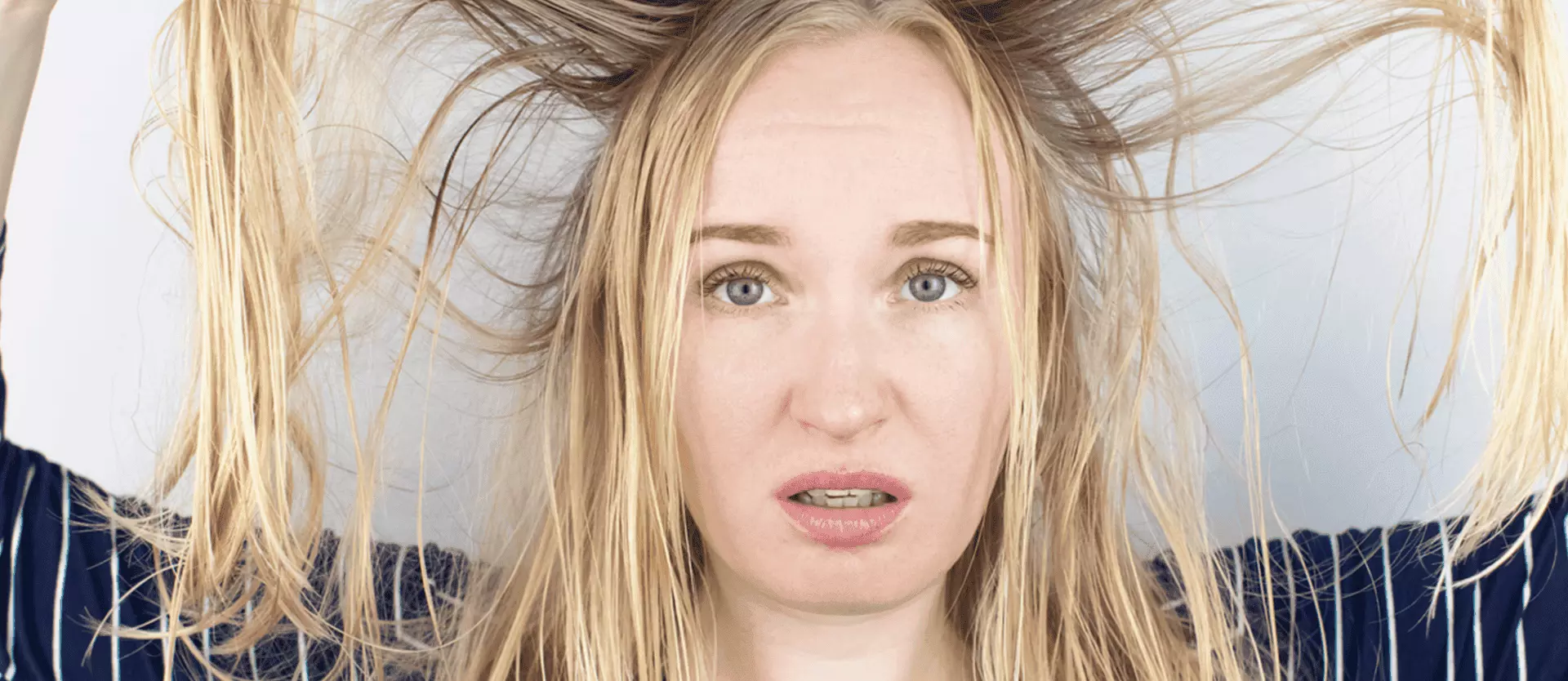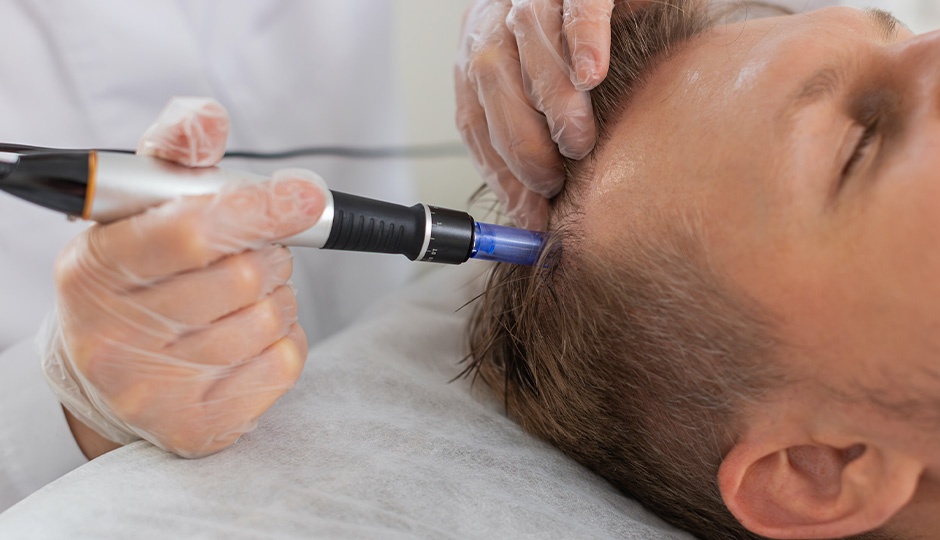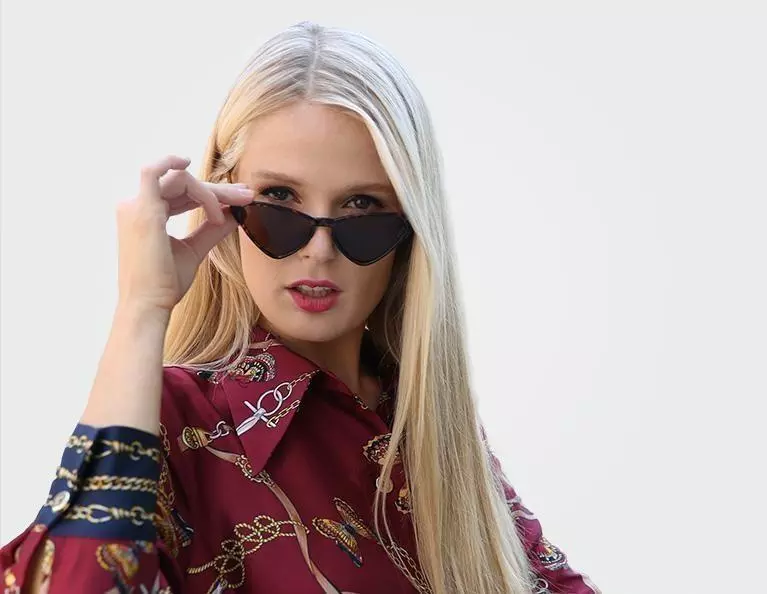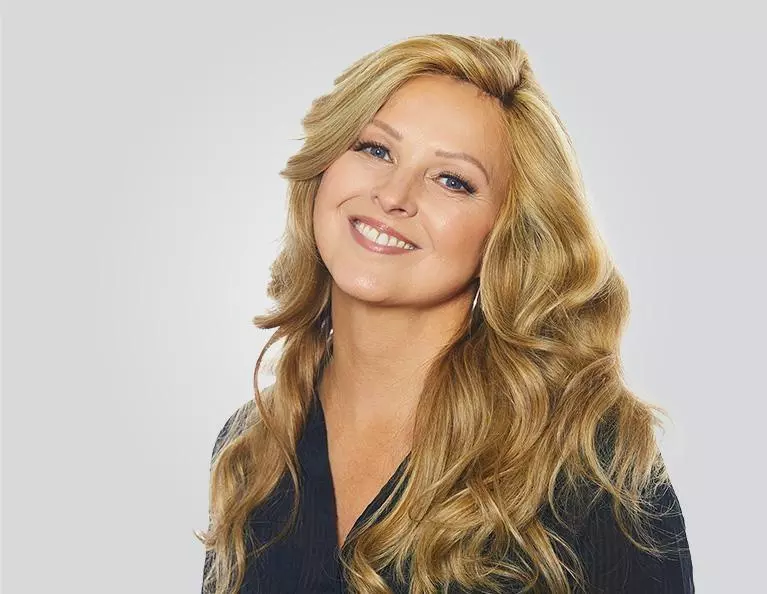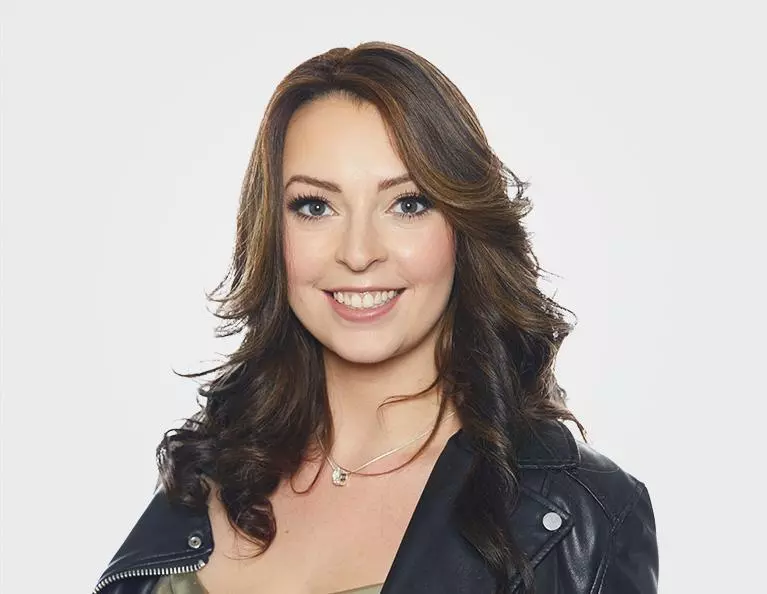People may experience all kinds of hair problems or concerns, but sometimes the problem isn’t the hair itself, it’s the scalp. In some cases, people might suffer from a greasy scalp, for example. The question is, what can you do about it?
Should Your Scalp Feel Oily?
Having oily hair doesn’t mean it’s unhealthy. Similarly, even if your scalp feels greasy, your hair might look just fine. It’s even possible to have dry hair with an oily scalp, even though it may seem as if one should be in the same condition as the other.
Why Does My Scalp Feel Oily?
Almost the entire body is covered by tiny sebaceous glands. These are found just underneath the skin in its second layer. They’re either on the hair follicles or right by them. You have these all over your body too, not just on your head or in other areas where you grow lots of hair. In fact, there are just two places where you don’t have these glands – the soles of your feet and the palms of your hands.
These sebaceous glands produce something known as sebum. This is a natural oil that acts as a moisturizer. The human body is a fascinating thing when you think about it!
If you have a dry scalp, these glands likely aren’t producing enough sebum to moisturize it. Conversely, if you have a greasy scalp, the glands may be producing too much sebum. Hence why your hair may feel fine even though your scalp feels greasy. If you didn’t wash your hair for a few days, the oil would be likely to build up and begin to affect your hair.
What Is An Excess Of Sebum Called?
This leads to a condition called seborrhea. In some cases, people with seborrhea experience oily skin as well as an oily scalp. This is because the glands are all over the body, apart from the areas we already mentioned.
Some may develop seborrheic dermatitis. This can make your skin red and itchy. It may also lead to skin flaking off, giving the appearance of dandruff in your hair.
How Do You Get Rid Of Oily Scalp?
There are lots of things you can do to help reduce the appearance of an oily scalp, especially if it makes your hair oily. You may want to get some advice from a hair professional or hair stylist; if you’ve been seeing them for a while, they’ll have a good idea of the condition of your hair and scalp to start with.
The first step is to consider shampooing your hair more often. This helps to get rid of excess oils on your scalp, along with any dandruff that might be present. Be sure to use a shampoo that is formulated for an oilyy scalp, as they’ll contain ingredients to help with the condition. There are medicated shampoos on the market that provide a targeted approach if you experience this condition.
If you find daily washing isn’t helping, consider pulling back and washing your hair every other day. We’re all different, and some people may find their scalp overproduces sebum with daily washing. Therefore, washing less often might help in those circumstances.
What about conditioner though? Well, you should still use it, but don’t worry about getting the conditioner right down to the roots of your hair. It’s best to apply it just to the tips or the hair lengths, where you need it most. If you apply it all over, you’ll end up putting excess oils back onto your scalp again.
Make sure you keep your hairbrush clean too. It’s not just about removing hair strands from the brush – it can also get clogged with oils and other detritus from brushing your hair. A regular cleaning will help keep your brushes in the best condition, and in turn, your hair as well.
If you’re struggling to manage a greasy scalp, talk to a hair and scalp professional. They can provide advice and support and guide you on the best approach to take to help treat the condition. This should make you look and feel a million times better.
At Unique Hair Concepts, we have helped many of our clients treat their oily/greasy scalps. We conduct hair and scalp analysis and utilize tools that measure oil production, hydration and PH of the scalp. In addition, we use a high-definition microscope camera to take an in-depth look at your scalp and hair growth. Our treatments utilize the science of trichology with all-natural hair and scalp protocol to treat the scalp and manage excess oil production.
To learn more, contact the team at Unique Hair Concepts for a complimentary hair and scalp analysis.
